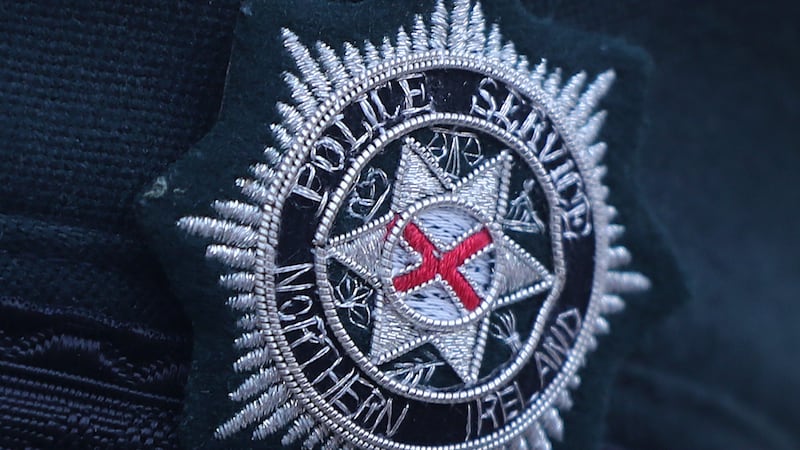SINN Féin backing the extension of Britain's military covenant to Northern Ireland would show its commitment to a shared future extends beyond just gestures, Arlene Foster has claimed.
The DUP leader called for tangible actions as she was asked for her response to recent moves that have been interpreted as efforts to reach out to unionists, such as party president Mary Lou McDonald's use of the word "Londonderry".
Mrs Foster denied she had not reciprocated with conciliatory gestures to republicans.
She told The Andrew Marr Show on BBC One: "Well, I don't accept that we haven't made any so-called gestures and I think it's more important actually to find and to build a basis for a shared community in Northern Ireland, which is what we want to see - a real sharing and not just a gesture sharing.
"And wouldn't it be good, for example, if Sinn Féin were to allow Northern Ireland's government to sign up in full to the military covenant and to respect veterans regardless of where they live in the UK.
"I think that that is something that they could do to show respect for veterans that live in Northern Ireland."
Implementation of the military covenant is among the issues that have blocked the restoration of power-sharing at Stormont.
The covenant, which has been implemented in Britain, encapsulates a series of policies that define the state's obligations to its armed services.
Under its terms, members of the armed forces are entitled to some priority medical treatment and assistance with housing and school places for children.
The policies would potentially require amendments to robust equality laws that formed a central part of the Good Agreement.
The main dispute preventing the return of devolved government involves the Irish language.
Sinn Féin has made clear it will not go back into government without a stand-alone piece of legislation to protect speakers, while the DUP has said it will only support measures as part of broader laws that incorporate other cultures.
"I have said frequently that the Irish language is no threat to the United Kingdom, or indeed to the union," Mrs Foster told the BBC.
"I respect people that speak the Irish language. But that's not enough for Sinn Féin, they want to impose the Irish language on everyone in Northern Ireland and I think that that would be not only a retrograde step for Northern Ireland, but actually for the Irish language as well, because it actually politicises it."
Northern Ireland has been without a power-sharing government for almost 16 months.
After the latest round of talks collapsed in acrimonious circumstances in February, Sinn Féin claimed Mrs Foster had signed off on a deal before backing out in the face of an internal party revolt - claims the DUP leader vehemently denied.
Amid the fallout, documents exchanged by the parties during negotiations were leaked to the media.
Mrs Foster has said trust between the parties has broken down as a consequence of the February row.
"We have to build up confidence between the parties again, because devolution is right for Northern Ireland and we want to see it return immediately."







